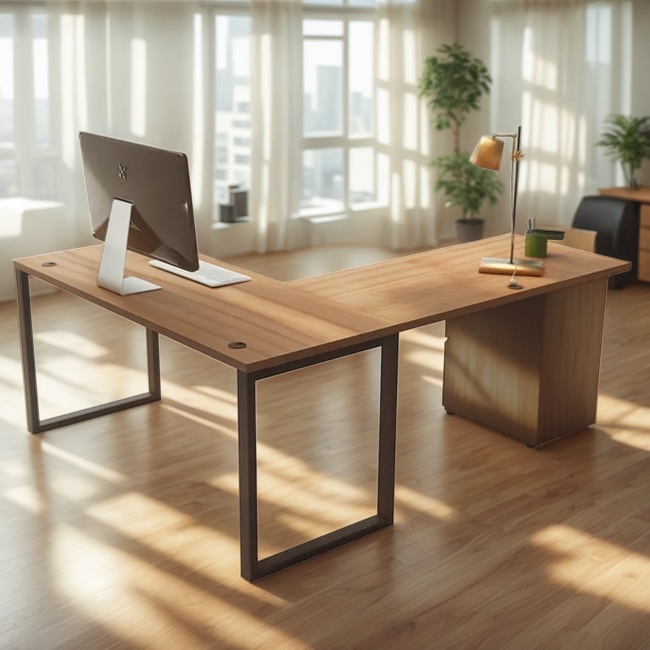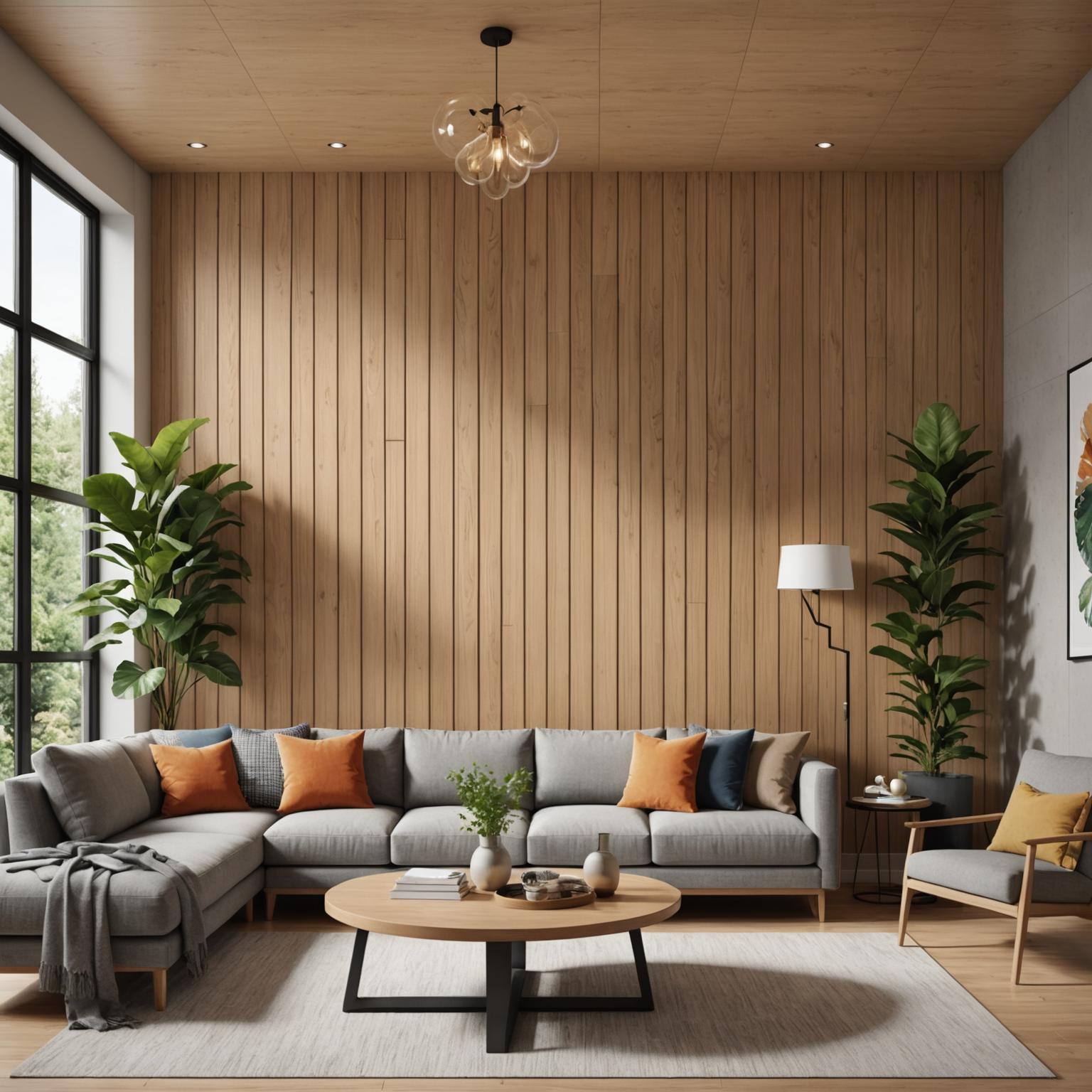The modern workplace is in a constant state of evolution, and at the heart of this transformation is the humble office desk. Gone are the days of one-size-fits-all tables; today, the process of office desk manufacturing has become a sophisticated blend of art, science, and technology. It's an industry focused on creating environments that foster productivity, promote well-being, and reflect the unique identity of a company or individual. As businesses and remote workers alike recognize the profound impact of their physical workspace on their daily performance, the demand for thoughtfully designed and expertly crafted desks has soared, pushing manufacturers to innovate like never before.
The Rise of Personalized Workspaces
The move towards more flexible and dynamic work arrangements has fueled a significant trend in the world of office furniture: customization. The demand for custom office desks is at an all-time high, as users seek solutions that are perfectly tailored to their specific needs, workflows, and spatial constraints. Modern office desk manufacturing processes are now designed to accommodate a wide range of personalization options. This includes everything from dimensional adjustments to fit a compact home office or a sprawling corporate suite, to a vast selection of materials and finishes that align with a brand's aesthetic. Whether it's a unique L-shaped configuration for multitasking, integrated storage solutions for a clutter-free environment, or specific cutouts for seamless cable management, manufacturers are empowering users to design their ideal workspace from the ground up. This level of customization ensures that the final product is not just a piece of furniture, but a true extension of the user's professional life, enhancing both comfort and efficiency.
Prioritizing Health with Ergonomic Design
Parallel to the trend of customization is the critical focus on employee health and wellness, which has brought ergonomic office desks to the forefront of workplace design. A desk is no longer just a surface for a computer; it is a tool that can either contribute to or detract from a person's physical well-being. Recognizing this, manufacturers are heavily investing in research and development to create desks that promote good posture, reduce physical strain, and adapt to the human body. Key features of ergonomic office desks include adjustable height mechanisms, allowing users to effortlessly switch between sitting and standing. This simple function can have a massive impact on reducing the health risks associated with a sedentary workday. Other ergonomic considerations in office desk manufacturing include optimal desk depth to ensure a proper viewing distance from monitors, curved edges to reduce pressure on wrists and forearms, and designs that encourage movement. By integrating these principles, manufacturers are creating workspaces that actively support the user's health, leading to increased focus, fewer physical complaints, and a more productive workforce.
A Case Study in Quality Manufacturing
A perfect example of how modern manufacturing combines style, function, and user-centric design is the Connect-It Desk 60"x30". This piece showcases what is possible when form and function are given equal priority. Its design thoughtfully addresses the needs of today's professionals. The spacious 60"x30" tabletop, crafted from a warm, resilient wood, provides an expansive surface perfect for handling multiple projects simultaneously without feeling confined. The L-shaped design is a masterstroke in spatial efficiency, making it ideal for corner placement or for delineating different work zones within a single station. One side can be dedicated to tech and monitors, while the other remains clear for creative tasks or paperwork. Supporting this expansive surface are bold black steel legs, arranged in a clean, geometric frame that guarantees stability while providing a sharp, modern aesthetic. Furthermore, the desk incorporates integrated grommets for cable management, a small but crucial detail that keeps the workspace tidy and free of tangled wires. This product is a testament to a manufacturing philosophy that considers every detail, from the macro-level structure to the micro-level conveniences that define a user's daily experience.
The Foundation: Materials and Durability
The quality of any piece of furniture is ultimately determined by the materials used and the precision of its construction. The office desk manufacturing sector places immense emphasis on sourcing high-quality, durable materials that can withstand the rigors of daily use for years to come. Common choices include solid wood for its timeless beauty and strength, engineered wood and laminates for their versatility and resistance to scratches and stains, and metals like steel and aluminum for their structural integrity and modern appeal. The selection process is meticulous, balancing aesthetics, performance, and sustainability. The manufacturing process itself involves advanced machinery for precision cutting, ensuring that every component fits together flawlessly. Techniques like seamless corner alignment and robust joinery are employed to create a sturdy, reliable frame. Finally, multi-layered finishing processes are applied not only to enhance the visual appeal but also to protect the surfaces from wear and tear. Rigorous quality control checks at every stage of production ensure that each desk that leaves the factory meets the highest standards of craftsmanship and durability.






